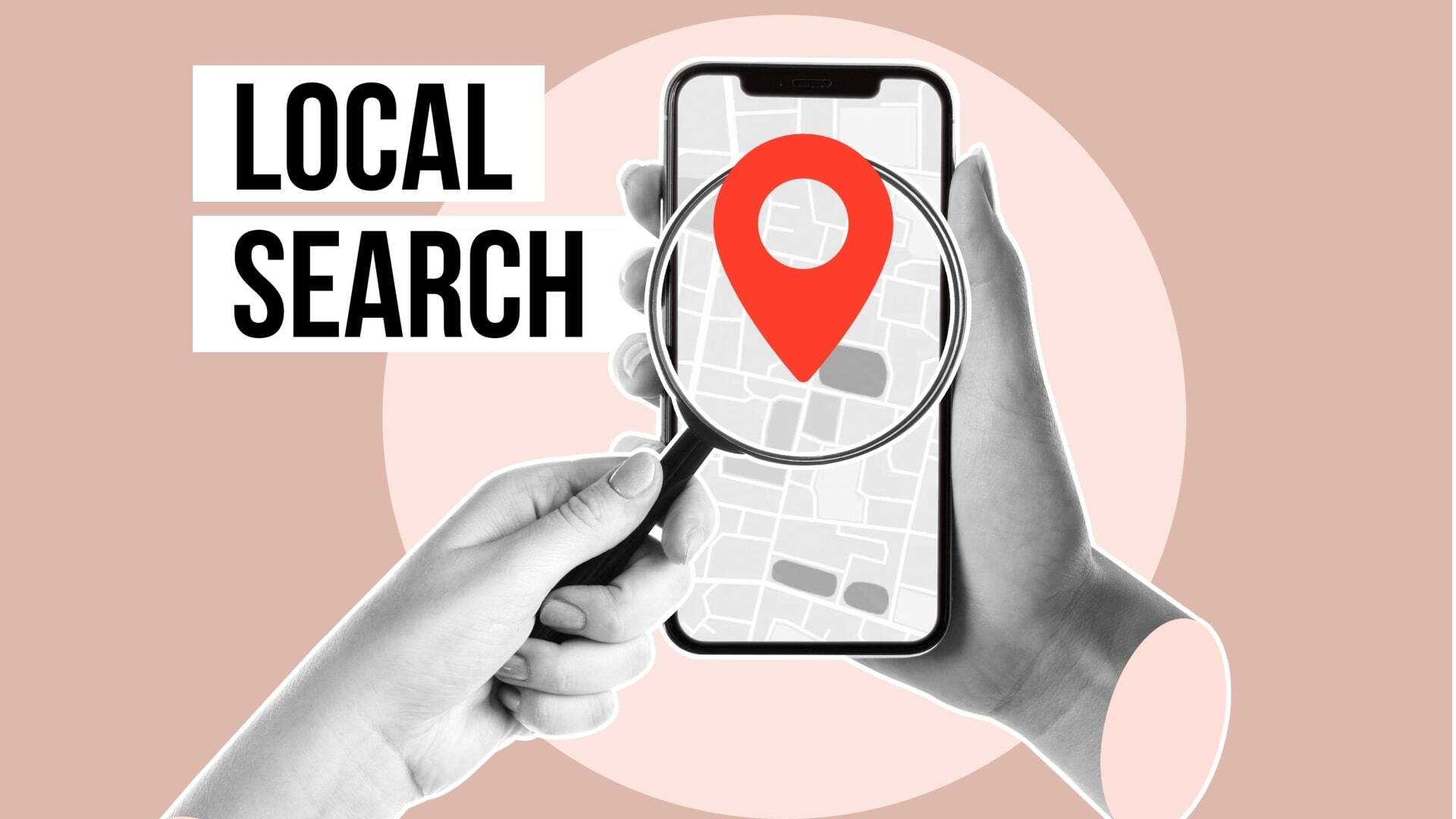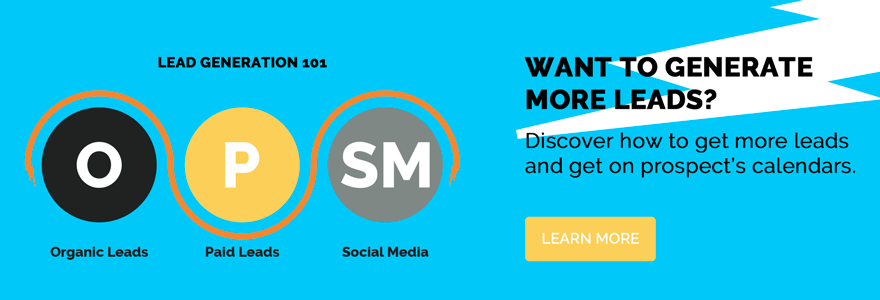In the ever-shifting world of SEO, one thing remains certain: local SEO is still the backbone of visibility for businesses with a local presence. And yes, that includes you, B2B companies. It's not just about appearing on Google anymore—it's about dominating the local search game, outshining your competition, and converting those clicks into loyal customers.
A lot has changed since 2020, and what worked then might just earn you a shrug (or worse, a drop in rankings) today. That’s why this guide is your must-read manual to mastering local SEO in this fast-paced, algorithm-driven era. From optimizing your Google My Business profile to nailing geo-specific content, we have the latest insights to help you level up your local SEO game.
What is Local SEO?
Local SEO is the process of optimizing a business's online presence to attract local customers through search engines. It involves enhancing your Google My Business profile, creating geo-specific content, and earning local backlinks to rank higher in search results for queries with local intent.
For B2B companies, local SEO is a game-changer. It helps you connect with nearby clients who are searching for services within your niche. Whether it’s a potential client searching for “B2B marketing consultants in Toronto” or “industrial suppliers near me,” local SEO ensures that your business is front and center.
Over the years, local SEO has evolved significantly. It's not just about stuffing your site with local keywords anymore. Today, the focus is on creating a robust online presence with accurate business listings, positive reviews, and mobile-friendly content. Google’s algorithms now prioritize businesses that offer the best local user experience, making it crucial to stay up-to-date with the latest strategies.
If your business wants to dominate local search results and attract high-quality leads, mastering local SEO is non-negotiable. And the best part? We’re here to guide you through the process.
Key Elements of Local SEO
Several key elements need to be optimized to boost your local search rankings. Let’s break them down:
Google My Business Optimization
Your Google My Business (GMB) profile is your digital storefront. It's where potential customers first encounter your business, so it needs to shine. Keep your business information accurate, upload high-quality photos, and regularly post updates. Don’t forget to select the most relevant categories and use keywords in your business description. An optimized GMB profile is crucial for appearing in the local pack and Google Maps results.
Local Citations and Directories
Local citations—mentions of your business’s name, address, and phone number (NAP) on other websites—are vital for local SEO. However, it's no longer about being listed in every directory under the sun. Focus on authoritative directories like Google, Bing, Apple Maps, and Yelp. Consistency is key here—make sure your NAP information matches across all platforms to build trust with search engines.
Localized Content Creation
Creating content that speaks directly to your local audience is a must. Whether it’s blog posts about local industry trends or landing pages targeting specific areas, make sure your content resonates with the local market. Use geo-specific keywords naturally within your content to increase relevance and engagement.
Mobile Optimization
With most local searches happening on mobile devices, your website must be mobile-friendly. Fast load times, easy navigation, and responsive design aren’t just nice-to-haves—they’re essential for keeping users engaged and boosting your local search rankings.
Review Management
Online reviews are the new word-of-mouth and carry significant weight in local SEO. Encourage satisfied clients to leave positive reviews and always respond to feedback—both good and bad. A proactive review management approach enhances your reputation and improves your visibility in local search results.
Local SEO Strategies for B2B
B2B businesses face unique challenges in local SEO, but with the right strategies, you can boost visibility and attract more high-quality leads. Here’s how:
Backlink Building for Local SEO
Backlinks play a crucial role in boosting local SEO rankings. For B2B companies, securing high-quality local backlinks from reputable sources is essential. Collaborating with local industry associations, sponsoring community events, or contributing to local business blogs can significantly enhance your authority. These strategies improve your online presence and drive relevant traffic to your site.
Keyword Research and On-Page Optimization
Effective keyword research is the cornerstone of any successful local SEO strategy. By targeting local keywords that potential clients are actively searching for—such as “B2B marketing firms in [City]” or “industrial suppliers near [City]”—you can position your business to rank higher in local search results. Integrating these keywords naturally into your titles, headers, meta descriptions, and content can significantly improve visibility.
Monitoring and Adjusting SEO Strategies
SEO is an ongoing process that requires regular monitoring and adjustments. Utilizing tools like Google Analytics and Google Search Console helps you track crucial metrics such as local search rankings, website traffic, and conversion rates. By staying on top of these metrics, you can identify what’s working and make the necessary adjustments to maintain or improve your rankings.
Pro Tips for Local SEO Professionals
For those who have mastered the basics of local SEO, these advanced tips can help elevate your strategy and deliver even better results:
Conducting Customer Feedback Surveys
Understanding your local audience is key to refining your SEO efforts. Conducting customer feedback surveys lets you gather insights directly from your clients about what they value most. These insights can inform your content strategy, helping you create content that resonates with your local market. Plus, positive feedback can be leveraged as user-generated content, boosting your credibility.
Running A/B Tests for Local Campaigns
Experimentation is crucial for fine-tuning your local SEO strategy. Running A/B tests on elements like landing pages, calls-to-action, and local ad campaigns can reveal what resonates most with your audience. This data-driven approach ensures that your local marketing efforts are optimized for conversion and engagement.
Leveraging User-Generated Content (UGC)
User-generated content (UGC), such as reviews, blog posts, and photos, can significantly enhance your local SEO. Encouraging satisfied clients to share their experiences online boosts your visibility and builds trust with potential customers. UGC is a powerful tool for enhancing your online reputation and can be seamlessly integrated into your content strategy.
Creating Hyper-Localized Content
When it comes to local SEO, specificity matters. Creating hyper-localized content that addresses your community's unique needs and interests can set your business apart. Focus on region-specific topics, events, or issues that resonate with your local audience. This content can attract highly targeted traffic and improve your rankings for local search terms.
Boosting Engagement on Social Media
Social media is vital to local SEO, especially for businesses looking to build community connections. Boosting engagement on platforms like Facebook, LinkedIn, or Instagram can increase your visibility in local searches. Active participation in local groups, responding to comments, and sharing community-related content are all effective ways to enhance your social media presence and, by extension, your local SEO.
Common Pitfalls and How to Avoid Them
Even seasoned SEO professionals can stumble into pitfalls that harm local search rankings. Here are some common mistakes and how to avoid them:
Ignoring Mobile Optimization
With most local searches happening on mobile devices, ignoring mobile optimization is a surefire way to lose potential customers. A website that’s slow to load or difficult to navigate on mobile can frustrate users and lead to higher bounce rates. Make sure your site is mobile-friendly, with responsive design and fast loading times, to keep visitors engaged and improve your local rankings.
Neglecting Local Backlinks
Backlinks are a cornerstone of local SEO; neglecting them can cost you valuable authority and visibility. It’s important to build a network of high-quality local backlinks from reputable sources, such as local business directories, industry associations, and community websites. Regularly seeking out opportunities for local link-building can significantly boost your search engine performance.
Poor Review Management
Online reviews are critical to your local SEO success, but poor management can quickly turn them into a liability. Ignoring negative reviews or failing to respond to customer feedback can damage your reputation and discourage potential clients. Instead, actively manage your reviews by responding promptly and professionally to all positive or negative feedback. Encouraging satisfied customers to leave reviews can also help maintain a strong online reputation.
Keep Your Business Ahead in Local SEO
Local SEO is a dynamic and essential component of any B2B company’s marketing strategy. As search engines evolve and user behavior shifts, staying ahead in local search rankings requires a blend of tried-and-true practices and innovative strategies. From optimizing your Google My Business profile to building local backlinks and managing reviews, every element helps your business stand out in local searches.
Local SEO isn’t a one-time effort—it’s an ongoing process that demands regular attention and adaptation. By implementing the strategies discussed in this guide, you’re well on your way to dominating your local market and driving more leads to your business.
Ready to supercharge your local SEO strategy? Contact ThinkFuel. We’re here to help you navigate the complexities of local SEO and ensure your business reaches its full potential in local search.
Explore ThinkFuel’s Marketing Services and discover how we can help your business grow.
Table of contents
Share this
You May Also Like
These Related Stories

6 Ways to Improve Your Local SEO

Mastering SEO in 2025: The Updated Guide to Ranking and Driving Traffic

